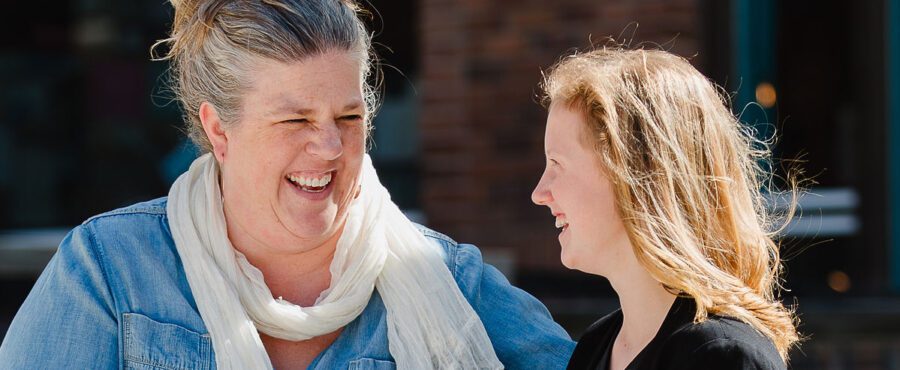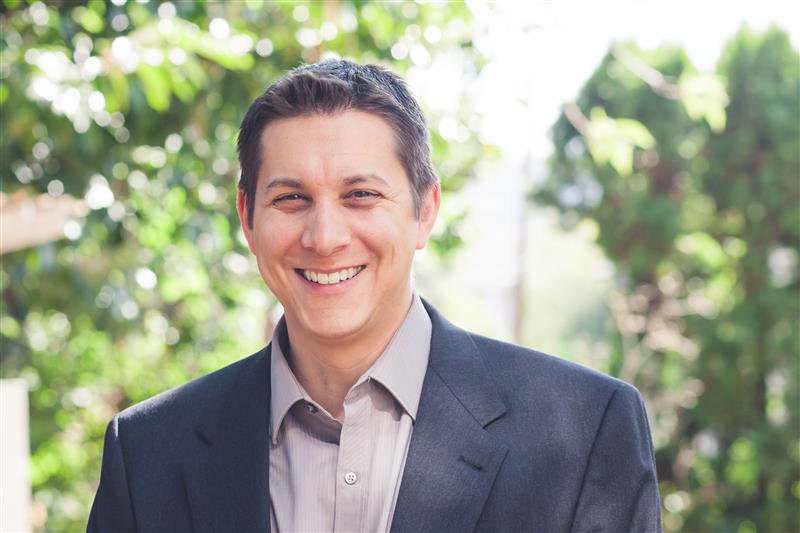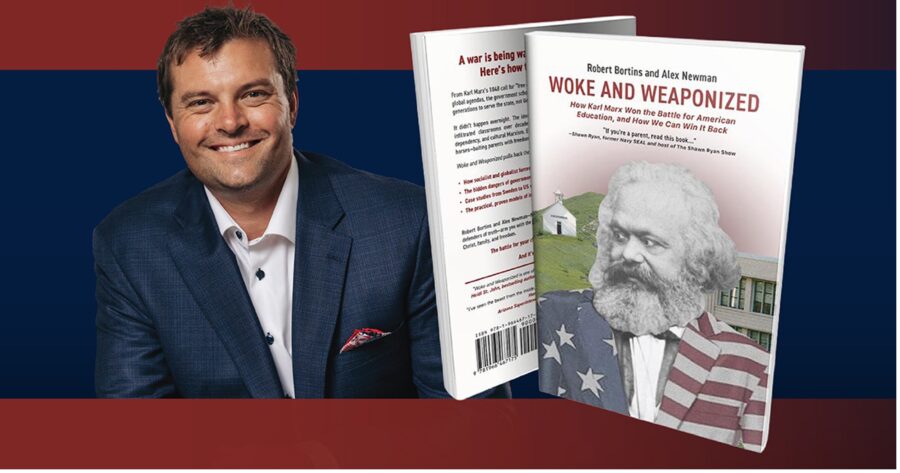As a parent, you’ve worked hard to prepare your high schooler for life’s challenges. Now, as college approaches, you may wonder: Is my child ready? and What is college really good for?
The transition from K-12 to college is a critical time when young adults take responsibility for their lives and solidify their values. Without intentionality and purpose, this phase can feel overwhelming. A classical Christian college helps students build on their K-12 foundation, refining their worldview and integrating faith, relationships, and meaningful work.
Let’s explore how college can help your young adult step confidently into their next chapter.
No One Can Do Your Believing for You
We wake up every single day faced with the existential conundrum of how we will live our lives—no one can live it for you. The weight of this reality drives parents to work hard to educate their children. And it drives students to take their education seriously.
What Is College Good For?
American culture is obsessed with efficiencies and various forms of social and economic advancement. College education has for decades been a central instrument used to get ahead of the competition. This mindset has placed a greater and greater focus on maximizing “Return on Investment” (ROI).
The Right Time to Take on Life’s Complexities
Though the good use of college has become eclipsed by an American hankering for materialistic comfort and consumeristic advantage, is there a better use for college? I will answer that question below.
But first, allow me to remind us of what loving parents already know about the process of growing up. In The Hiding Place, Corrie Ten Boom recounts an exchange with her father in which she asks a question, the answer to which he says she is not yet ready to hear.
Father says “Some knowledge is too heavy for children. When you are older and stronger, you can bear it. For now, you must trust me to carry it for you.”[1] I cite this father-daughter exchange to underscore a key point: if it is true that human beings mature with age, then there is a right time and place at which to take on the great complexities of life.
In K-12, much of the heavy lifting is done by parents, elders, and trusted loved ones who nurture and shelter children as they grow. Children trust their parents to guide them in good ways, and parents do the great labor of giving their children good things.
But no one, no matter how well-loved or educated, remains a child. We each must take up the life God has given us and decide how we will live. And it is at the beginning of this juncture that young adults enter their college years.
Why Is College Important for Early Adulthood?
This critical period from ages 18-25 is known as early adulthood. Researchers have identified some features of this developmental phase, including:
- Moving into adult relationships with parents.
- Seeing peer groups as less important as determinants of behavior.
- Most importantly, completing their values framework.
Completing a values framework means deciding what you ultimately value and how you will live out those values. It is to make solid and concrete what has been relatively fluid.
In childhood, we hold within us what we have learned from others. How children live out what they have learned takes shape from the boundaries set by trusted authorities. Remove those boundaries from a child, and the fluidity of what was learned may spill in any direction.
By contrast, in early adulthood, individuals themselves must decide what their own boundaries will be, and it is those boundaries—freely chosen in the absence of watchful authorities—that will give shape to their lives and characters.
Early adulthood is the most formative time in a human being’s life because it is here, not earlier, that a person is ready to understand and commit to a worldview. The concrete is poured in K-12, but it hardens between ages 18 and 25.
Is College Worth It for Building a Life Framework?
If you doubt me, ask yourself how many major decisions you made between the ages of 18 and 25. Our ideas and commitments about relationships, faith, and vocation coalesce during early adulthood. The question is, will we have good tools for shoring up this framework?
So, why is college important? The benefit of college is to build a whole life in which meaningful work, healthy relationships, and committed faith harmonize. College done well presents an opportunity to invest formative years in gaining skills to practice and refine one’s values framework. Spending four years during early adulthood ironing out what matters most will serve a person for a lifetime.
Should I Go to College After Classical Homeschool Education?
Our culture is quite unaware of the significance of the early adulthood and assumes, rather, that a high school graduate is fully formed and ready to take on the world. You may be chuckling at the previous sentence (unless perhaps you just graduated).
That is exactly the assumption many people hold when they are helping their child think about college. The “been-there-done-that” mentality in classical education heaps a great cost upon students—the cost of their education and, more so, the cost of their personal development.
I have been teaching in higher education since 2006 in all kinds of institutions, and I have worked with thousands of people in early adulthood. I’ve seen a lot of students change over the years. I can say confidently that college will change a young adult. The question is: will the change be good?
Benefits of Going to College for Personal Development
I encourage those who have been blessed with classical homeschool education K-12 to continue in a classical Christian college so that they can spend their precious early adulthood striving to complete the good work begun by their parents, mentors, and community.
Those who have done classical education K-12 absolutely graduate with a strong foundation. But you can’t live on a foundation—you must build a dwelling, a place to live.
It is during early adulthood, during the college years, that this dwelling takes shape. Whether one lives a life worth living depends on how well that dwelling is built. And classical education at the college level helps a student practice with the finest tools humanity has ever developed.
Want to know more about classical Christian education? Explore the possibilities at Gutenberg College.
Here are some more resources to help you and your student plan for college:
- Why and How to Choose a Christian College
- Top 5 Skills College Students Need to Thrive
- 4 Easy Steps to Make a Homeschool Transcript
[1] Corrie Ten Boom, The Hiding Place, 35th anniversary ed. (Grand Rapids, MI: Chosen Books, 2006), 42.
Growth and Development, Ages 18 and Over-What Parents Need to Know. https://www.advocatesforyouth.org/resources/health-information/parents-17/ Accessed December 18, 2024.





